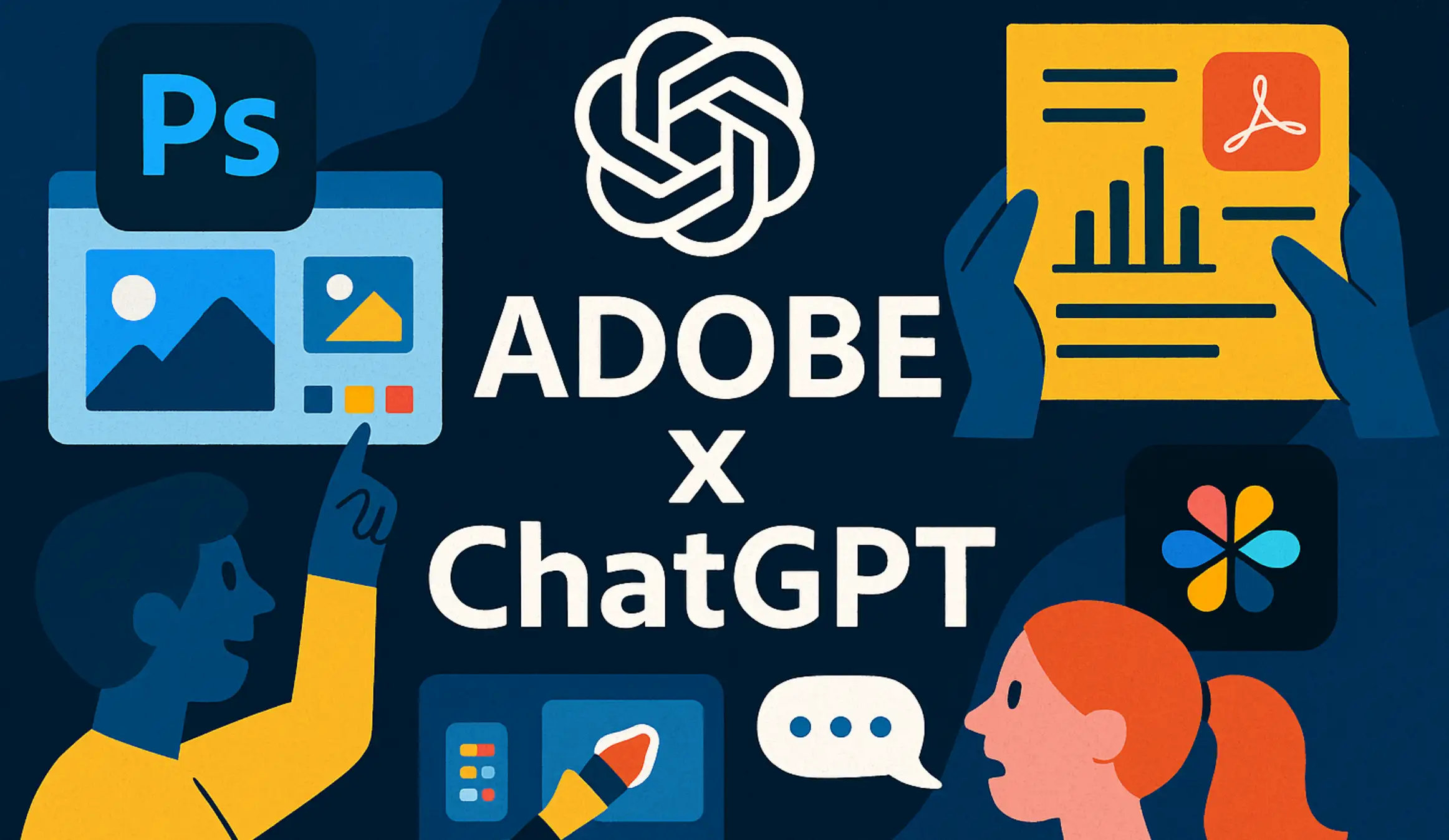Marketing Made Easy: A Beginner’s Guide for Authors
Updated on
Published on

Marketing Made Easy: A Beginner’s Guide for Authors
There’s a lot more to writing than just finishing a manuscript—especially if you want people to discover your work. The realm of marketing for authors has shifted tremendously in recent years, requiring writers to do more than rely on publishers or hope word of mouth will spontaneously spread. In this digital era, you can find countless channels to promote your book—social media, live events, or specialized reading communities, to name a few. Yet the real challenge lies in picking the right strategies that align with your goals and audience. Below, we’ll delve into practical marketing tips for authors who want to see their efforts translate into genuine engagement, sales, and reader loyalty.
1. Define Your Author Brand and Audience
Know Your Genre and Unique Angle
Whether you’re a fantasy writer exploring epic worlds or a journalist turning real-life stories into compelling nonfiction, it’s critical to understand how your style stands out. Think about the tone you bring to your books—satirical, heartfelt, gritty—and reflect it in your author brand. This brand identity should appear everywhere: on your website, social media bios, and even event appearances. If you’re applying marketing for authors who write romance, for instance, you can emphasize themes like love, comfort, or escapism in your messaging.
- Focused branding: A distinct angle or writing “personality” helps prospective readers remember you over countless other authors.
- Genre synergy: Align your brand with the tropes or expectations of your chosen category—fans appreciate clarity.
Audience Profiling
Figure out who your ideal readers are—teens, busy parents, or hobbyists seeking special topics. Are they voracious e-book readers, or do they prefer physical books? Understanding demographics helps you pick better marketing channels. If your books tackle complex historical themes, you might find traction in academic forums or specialized Facebook groups. If you craft witty comedic novels, playful, short updates on Twitter might be your golden ticket. Among marketing tips for authors, tailoring your approach to specific readers stands out as a top priority.
- Reader-specific tactics: Younger readers might engage more on TikTok, while older, traditional readers could respond better to print ads or library events.
- Streamlined messaging: When you know your target audience, your promotional content resonates more deeply, improving conversion rates.

2. Build a Robust Online Presence
Author Website Essentials
One central piece of marketing for authors is an updated, user-friendly author website. A simple layout with minimal pages can suffice: a biography section, a list of published works, and a contact form. Readers may want to subscribe to a newsletter or see upcoming appearances. If you plan to host a blog, keep the design consistent—like using the same color palette that appears on your book covers. Adding a short sample chapter or a behind-the-scenes peek can let potential readers preview your style before buying.
- Professional domain: Opt for a custom URL (like YourNameAuthor.com) to look credible.
- Easy navigation: No visitor wants to wrestle with a confusing menu; clarity fosters better user experience.
Social Media Engagement
While not every writer loves social media, it’s a powerful way to break walls between you and your audience. Platforms like Instagram or Twitter can show glimpses of your writing process—draft snippets, pictures of your writing nook, or comedic moments when you wrestle with a plot twist. In the realm of marketing tips for authors, authenticity on social feeds often resonates more than polished corporate-like posts. Readers who see your genuine side may be more inclined to invest in your narrative worlds.
- Pick suitable platforms: Fantasy authors might find dedicated fan communities on Tumblr, while non-fiction authors could flourish on LinkedIn.
- Consistent posting: Occasional updates keep you visible, but avoid spamming or constantly shouting “Buy my book!”

3. Foster Reader Relationships
Email Newsletters and Community Building
An email list is gold for any writer, letting you share exclusive updates—like new chapters, cover reveals, or special discount codes. People who sign up for your newsletter are usually your most loyal fans; they chose to receive your messages. Crafting warm, friendly newsletters fosters intimacy with readers. One of the major marketing tips for authors is to offer free content—like a short story or reading guide—for subscribers, showing gratitude and adding value.
- Regular frequency: Whether monthly or quarterly, consistent emails ensure readers don’t forget you, but don’t crowd their inbox.
- Personal approach: Signing off with your name and a short personal note can transform generic updates into heartfelt connection.
Street Teams and ARC Groups
Street teams—a small circle of loyal supporters—can function like your volunteer marketing squad, especially near launch periods. You might share advanced reading copies (ARCs) or behind-the-scenes bits to them, and in return, they post book reviews or social shoutouts. With the rise of BookTok and Bookstagram, an enthusiastic team can broaden your reach quickly. In marketing for authors, genuine word-of-mouth can eclipse fancy ad campaigns, because an authentic recommendation from a known person feels more trustworthy than an ad.
- ARC strategy: Offering free copies to prospective reviewers can lead to an initial wave of online buzz upon release.
- Community synergy: A small group of engaged fans can deliver consistent, heartfelt endorsements.

4. Offline Engagement and Events
Book Signings and Readings
Though we live in a digital world, face-to-face interactions still hold a strong charm. Bookstores, libraries, and coffee shops regularly host signings or readings, letting readers connect with the person behind the pages. If you’re focusing on marketing for authors at a local or regional level, scheduling a short reading plus a Q&A can help potential fans see your passion. Even a handful of attendees might later become loyal ambassadors, recommending your work to others.
- Memorable presence: Meeting a writer fosters personal loyalty, more potent than any web link.
- Networking bonus: Interact with local press or bookstore staff who might continue promoting your book.
Literary Festivals and Conferences
Many regions hold annual literary conventions, writer summits, or reading festivals. By renting a small booth or speaking on a panel, you widen your circle of industry contacts and fans. With thoughtful planning, you can tie these appearances into your online marketing: live-tweet from the event, share photos, or run a promotional discount for festival-goers. This synergy cements your brand among the crowds, especially if you distribute promotional bookmarks or sample chapters.
- Discoverability: Large events gather readers from all backgrounds, making them prime chances to demonstrate your value.
- Professional growth: Panel discussions let you learn from fellow authors and glean new strategies.

5. Data-Driven Marketing Strategies
Tracking Sales and Reader Analytics
Next-level marketing tips for authors involve harnessing real data. Keep an eye on your sales dashboard—whether that’s Amazon KDP, IngramSpark, or a personal distribution platform. Notice spikes after certain promotions or email campaigns, gleaning insight into what resonates. Similarly, track click-through rates (CTR) in email blasts or conversion rates when you run digital ads. This data can guide future marketing budgets toward the channels that deliver the best ROI.
- Refined targeting: If a certain ad or discount code drives more downloads, replicate or expand it.
- Seasonal awareness: Some genres peak at holiday times or summer reading months, so time your strongest promotions accordingly.
Testing Pricing and Promotions
Small adjustments in an e-book’s price—like a limited weekend sale—can drive surprising jumps in sales. Some authors run free or $0.99 promotions for a short burst, boosting visibility and hopefully generating reviews. If print is your main format, local store discounts or community deals might produce a loyal local fan base. Keep thorough notes on each promotional experiment, so you can decide which approach to replicate.
- Price elasticity: Certain audiences respond robustly to price drops, while others prefer premium packaging or extras.
- Timely campaigns: Seasonal events (Halloween for horror authors, Valentine’s Day for romance) can anchor short but effective promos.

Words That Resonate: Your Next Steps in Marketing for Authors
From defining your brand identity online to harnessing word-of-mouth campaigns, there are many practical marketing tips for authors. Success rarely emerges from just one tactic—it’s the synergy of consistent online presence, reader-centric newsletters, collaborative events, and data-driven experiments. And while the path can look bumpy at times, remember that each new reader you hook into your universe can become a devoted advocate. Ultimately, marketing for authors is about forging meaningful relationships—moving beyond mere sales talk to show the passion, creativity, and genuine storytelling that shaped your work.







